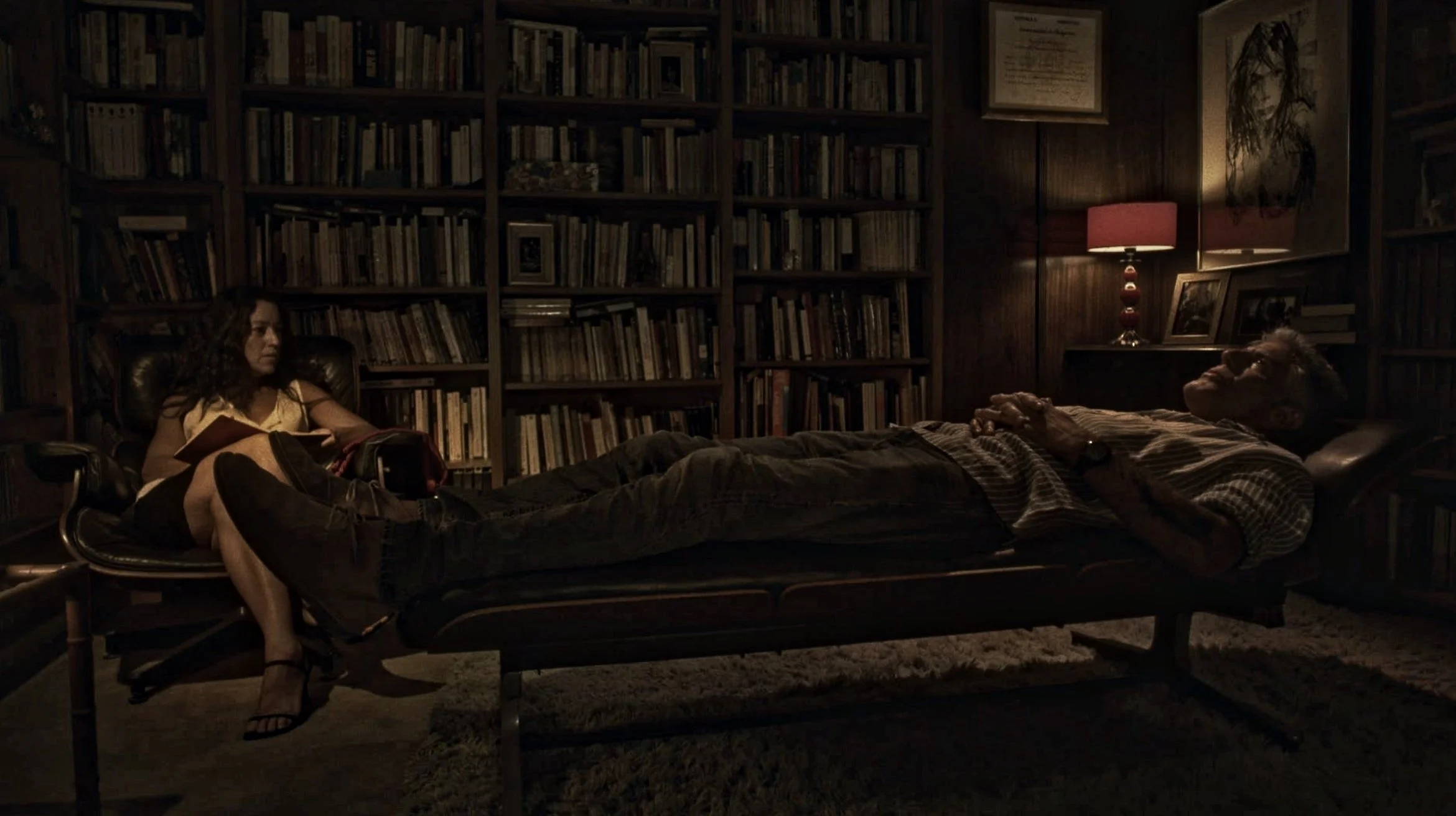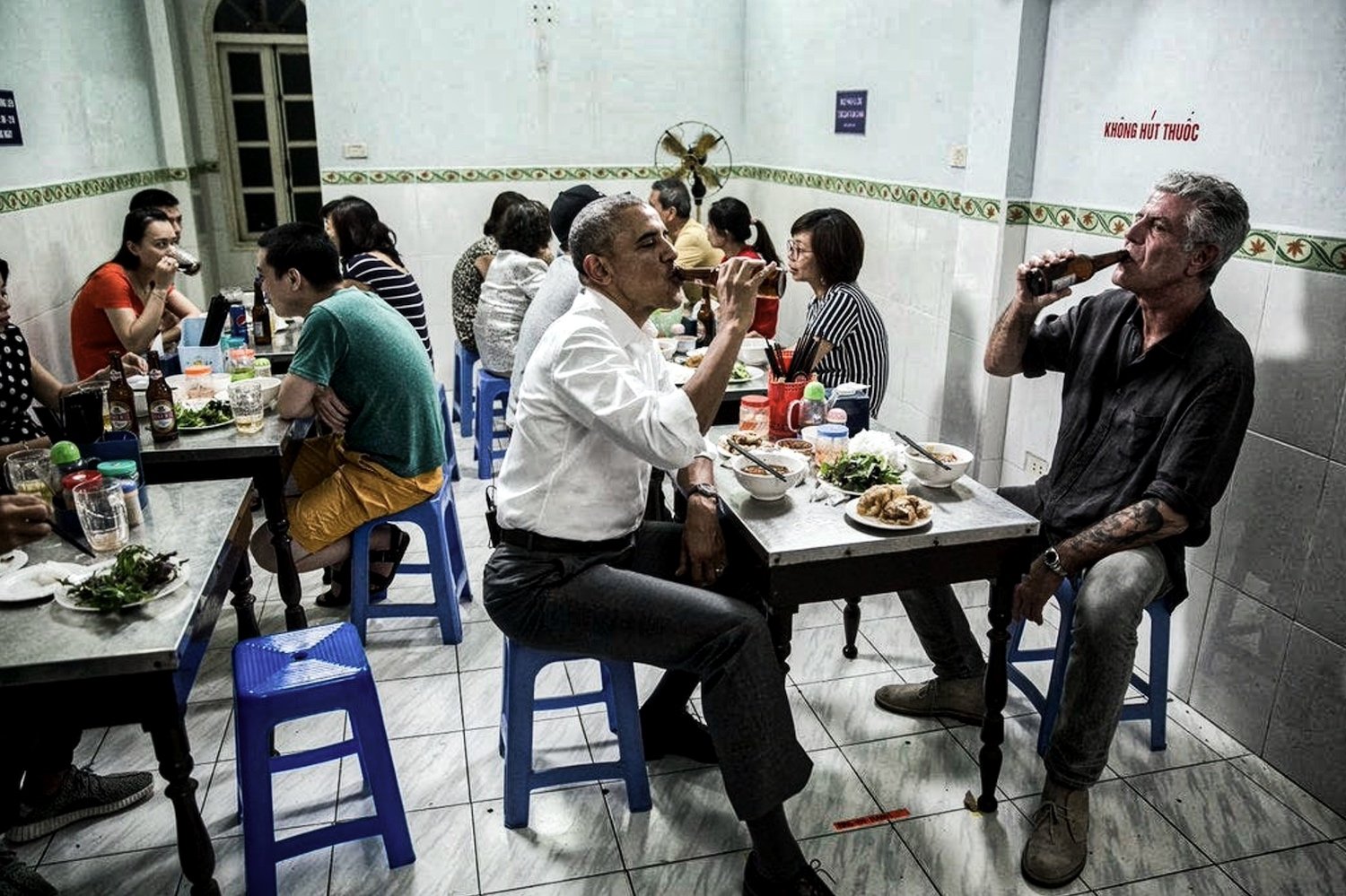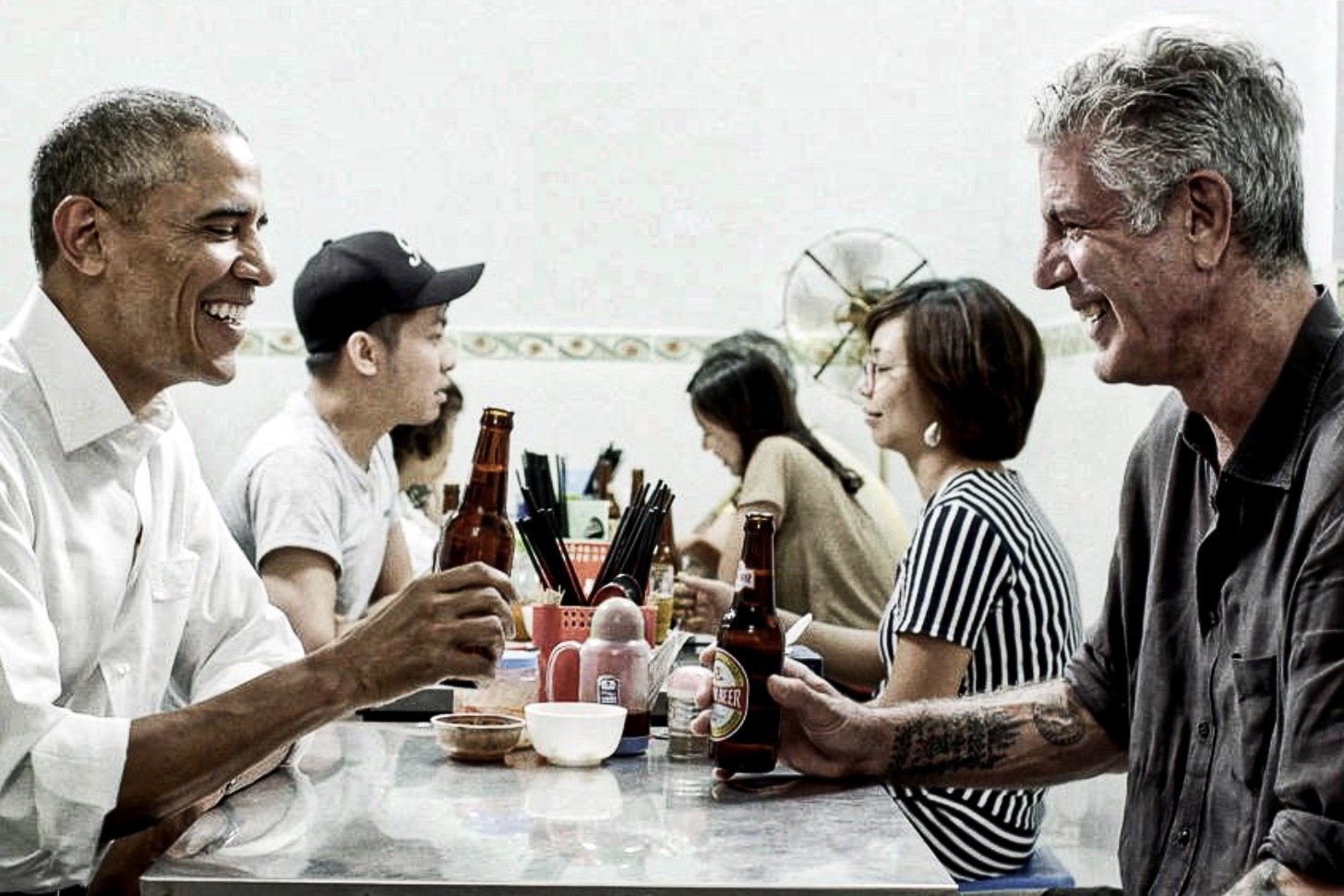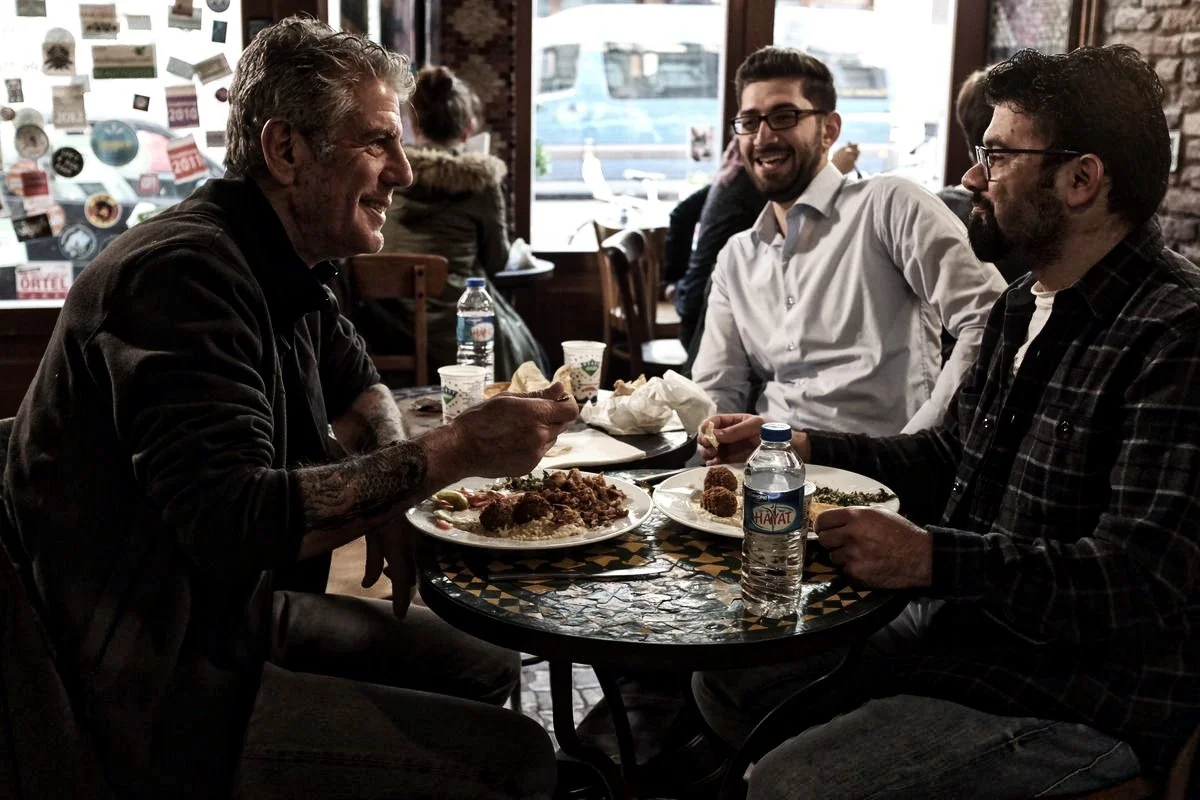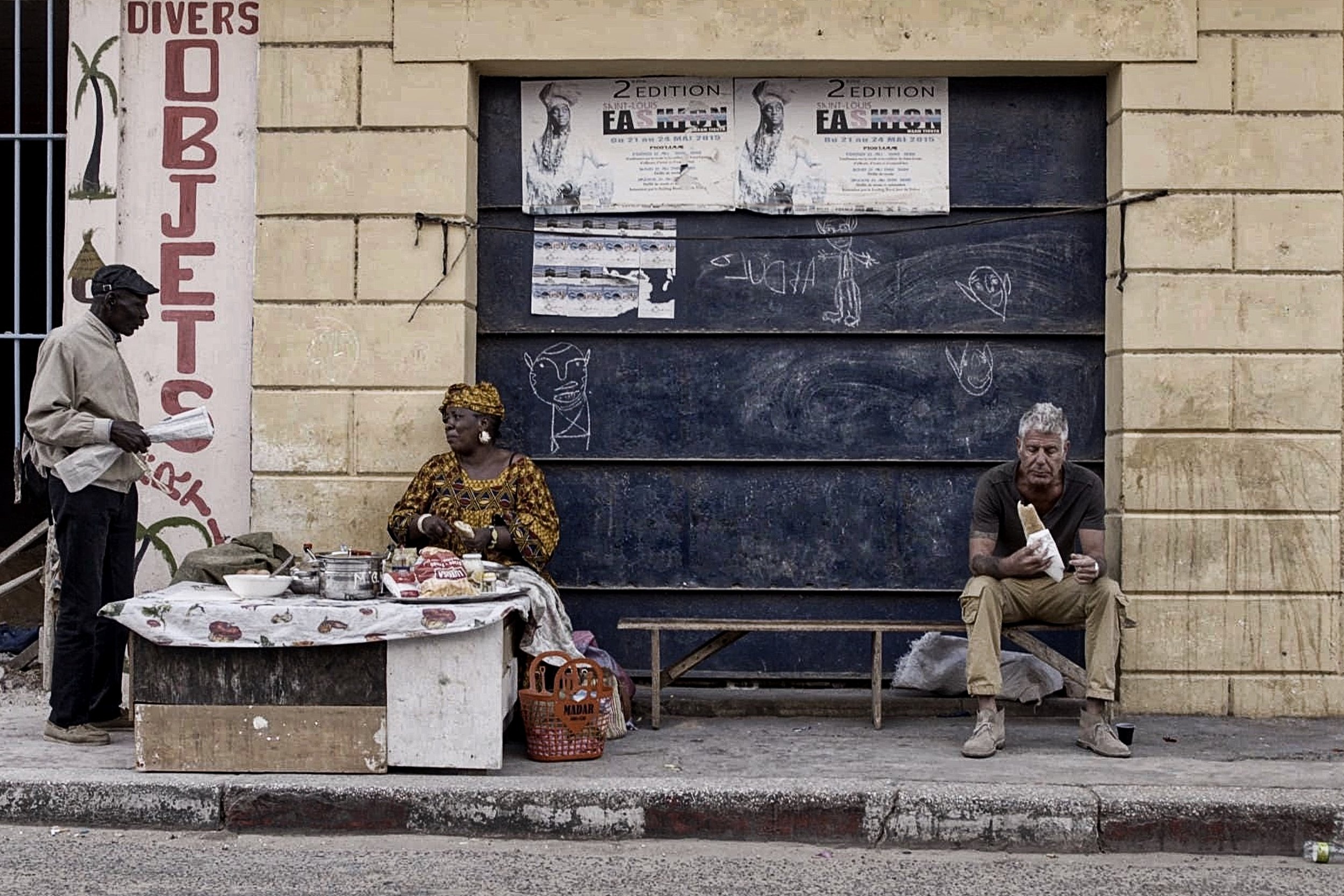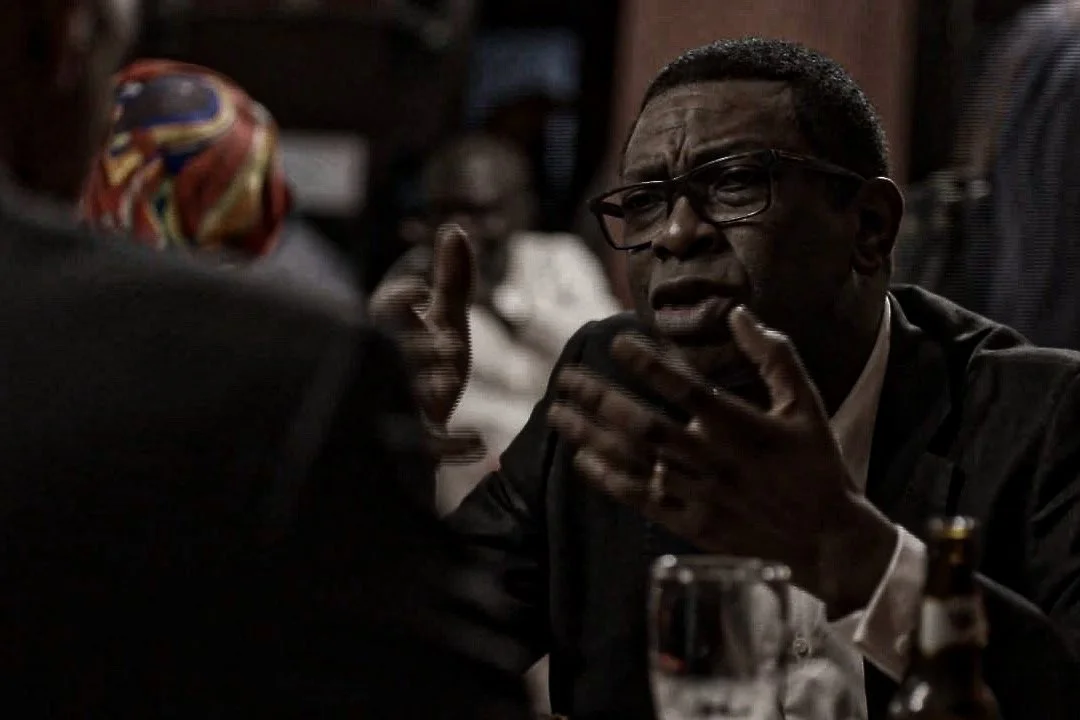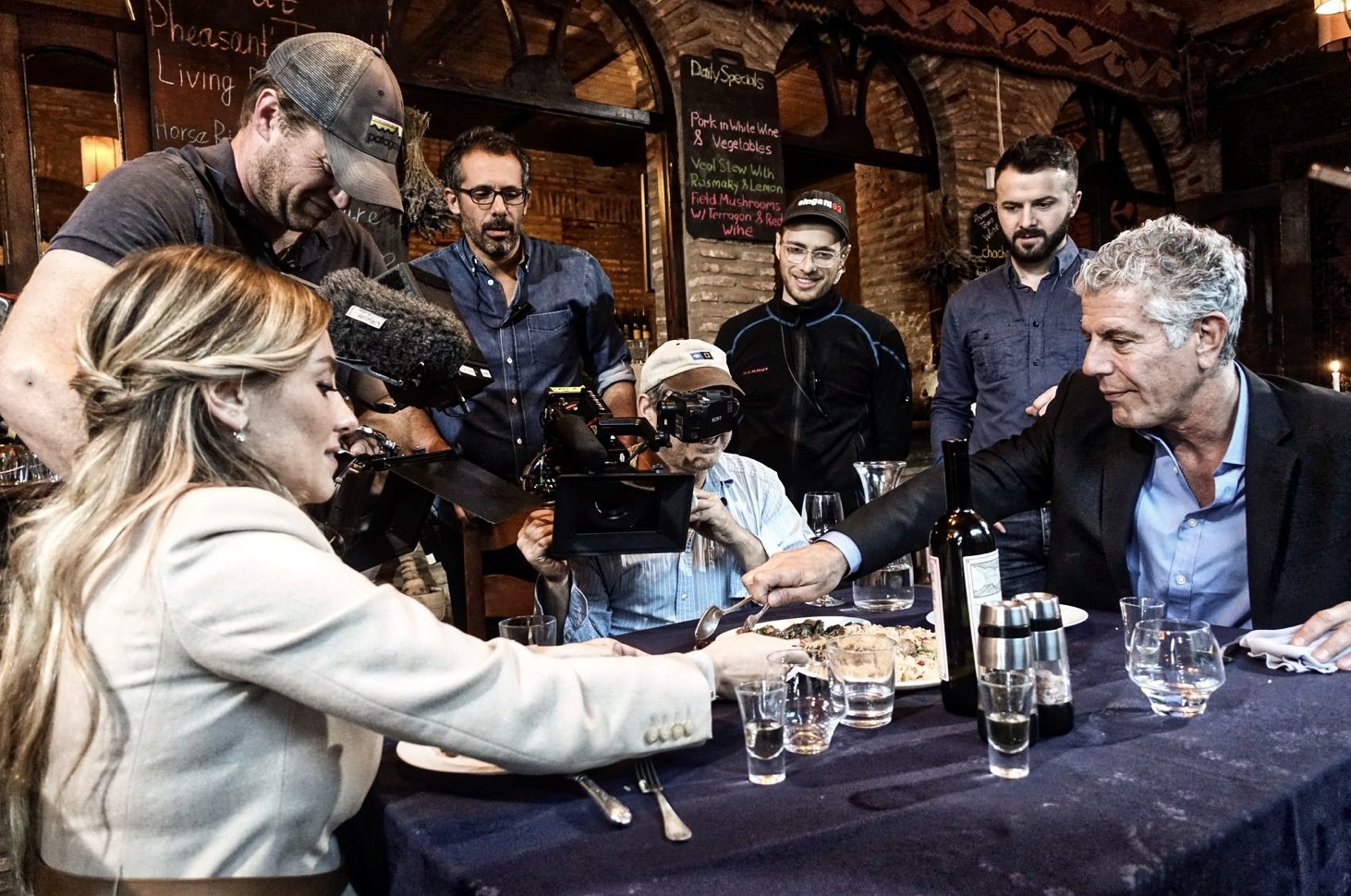“This is the kingdom of doubt.” That was Anthony Bourdain’s assessment of psychotherapy in the Buenos Aires episode of CNN’s Parts Unknown that first aired in November 2016, just two years before his untimely passing. It remains one of his finest hours of television in a lifelong journey of personal discovery that took him from Bhutan to Vietnam.
Hindsight has a funny way of working. What you see at the time is often not how you remember it years later.
Tony Bourdain’s sojourn to Buenos Aires, his second and final ‘grand tour’ with cameras in tow, originally aired on CNN in November 2016, but the various streamers and rights holders to Parts Unknown over the years have made such a dog’s breakfast, pun intended, of scheduling the program over the years — not helped by an ill-advised move by CNN to temporarily pull the episode entirely following Bourdain’s untimely passing in 2018 — that it’s hard to pin down exactly when and where the episode was first seen. Or even available today. (CNN, as industry insiders know, is owned by the chaotic, constantly morphing media company known, depending on the hour of the day and which way the wind’s blowing, as Time-Warner, HBO, HBO MAX, Time-Discovery, Warner Discovery, Discovery Communications, Warner Bros., Warner Bros. Discovery, or just plain old MAX; by the time you read this it may well have changed its name again, to perhaps the People’s Most Generously Excellent Entertainment Kompany of NYC, or PM-GEEK-NYC for short. Who the hell knows?)
Truth is, the Buenos Aires episode is available, and can be found, with a little sleuthing. I found it on Apple iTunes, but that’s in Canada, which, as we know, Mango Loco now regards as the US’s 51st state; your iTunes may not be the same as my iTunes. (Apple is not immune to this corporate game of name-changing, especially now that it’s in the hands of CEO Tim Apple; iTunes no longer exists, depending on your postal code and/or zip code; it’s now called Apple TV, or Apple Music, or Gimme Your Money, or something like that.)
The Parts Unknown Buenos Aires episode is worth tracking down, chiefly for scenes scattered intermittently throughout the end of the hour, in which Bourdain sits down with a psychotherapist. Argentina, home of noted headshrinkers Sylvia Bermann, José Bleger and Néstor Braunstein, has its own Wikipedia page titled ‘Argentine psychiatrists,’ which tells you all you need to know about hearts and minds in the country known for its gauchos, steak — arguably the best in the world — and such noteworthies as Jorge Luis Borges, Eva Perón, Che Guevara, and Lionel Messi.
“I communicate for a living,” he says, lying back on the proverbial couch, “but I'm terrible with communicating with people I care about. I'm good with my daughter. An eight-year-old is about my level of communication skills, so that works out. But beyond, that I'm really terrible."
It’s those moments when Bourdain is being analyzed — it’s hard to tell whether he’s aiming for laughs or genuinely baring his soul or, more likely, a combination of both — that turn the hour into a kind of personal Rorschach test, in which viewers — you and me — see what we choose to see.
Not everyone can handle it.
Certainly, no two fellow Bourdainophiles, knowing how Bourdain’s life story ended, will see it in the same way.
I personally find the episode, even now, to be alternatively maddening, poignant, frustrating, telling, profound, unspeakably sad and deeply moving — and, when least expected, and this is very Bourdain, laugh-out-loud funny.
Bourdain, at one point in the episode, when pressed on what he thinks of Argentina vegetables, admits that he’s quite taken by the chicken.
Yes, kids, in a red-meat society, chicken is a vegetable.
Bourdain confesses that he’s never really been comfortable around people, even though his TV work is based on exactly that, and that it’s hard for him to open up.
He admits the only person who truly gets him, and that he in turn got absolutely, is his daughter Ariane, just eight at the time. What adult, grown man finds his deepest life connection with an eight-year-old, he wonders.
Old souls are like that, though. It’s a heartbreaking admission, but also speaks volumes about the two of them. Leaving a kid behind without her dad is arguably the hardest thing to reconcile about his entire life’s story arc, and how it ended.
“I tell stories for a living. I write books. I make television. A reasonable person does not believe that you are so interesting that people will watch you on television. I think this is evidence of a narcissistic personality disorder to start with ”
I’d be remiss here if I didn’t mention the extraordinary work of episode director Tom Vitale in this episode and, throughout the course of the entire series, cinematographers extraordinaire — though, like most cinematographers I know and have met, they’d probably be just as comfortable being called cameramen — Morgan Fallon, Todd Liebler and Zach Zamboni.
The Buenos Aires episode is a tough watch, no question.
It’s also, in hindsight, one of the most telling, revealing, meaningful — and important — hours of television he ever made.
“This is the kingdom of doubt,” he said of Argentina’s dance — the last tango — with psychotherapy.
After days of self-reflection, he finds himself tapping his inner Gabriel Garcia Marquez — 100 years of solitude, compressed into 61 years of worldly observation.
"I've had this dream again that I've had for as long as I can remember. I'm stuck in a vast old Victorian hotel with endless rooms and hallways trying to check out, but I can't. I spend a lot of time in hotels, but this one is menacing because I just can't leave it. And then there's another part to this dream, always, where I'm trying to go home but I can't quite remember where that is.”
He turns to psychoanalyst.
“What do you think? I mean, is there hope for me?”
Oh, yes. Always. His spirit — who he was — lives on forever.
Hail and farewell.
Supplementary reading:
https://medium.com/parts-unknown/last-tango-18c764acd3b4
https://www.reddit.com/r/AnthonyBourdain/comments/9zggos/parts_unknown_buenos_aires/
https://eatlikebourdain.com/anthony-bourdain-in-argentina/
https://explorepartsunknown.com/directors-cut/when-something-was-good-he-would-tell-you/

